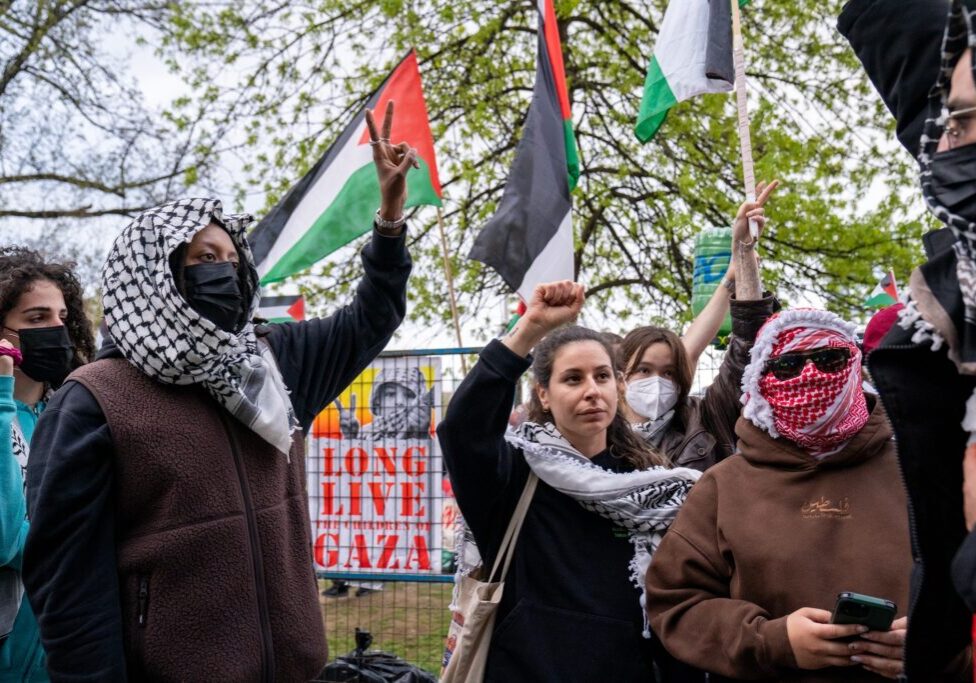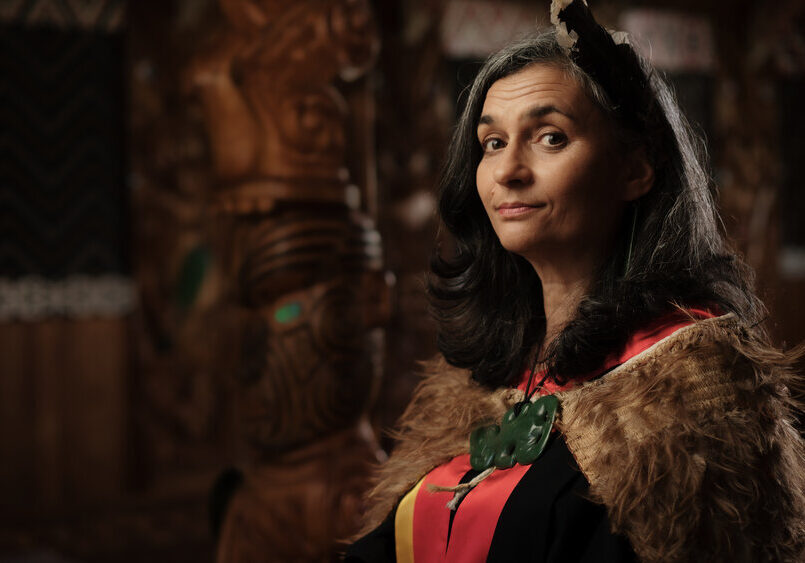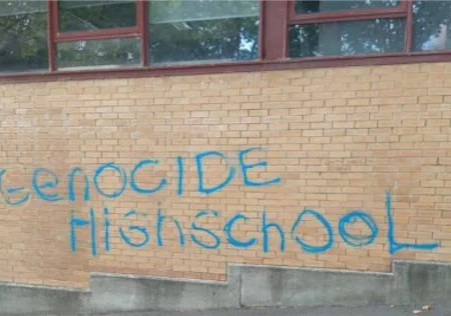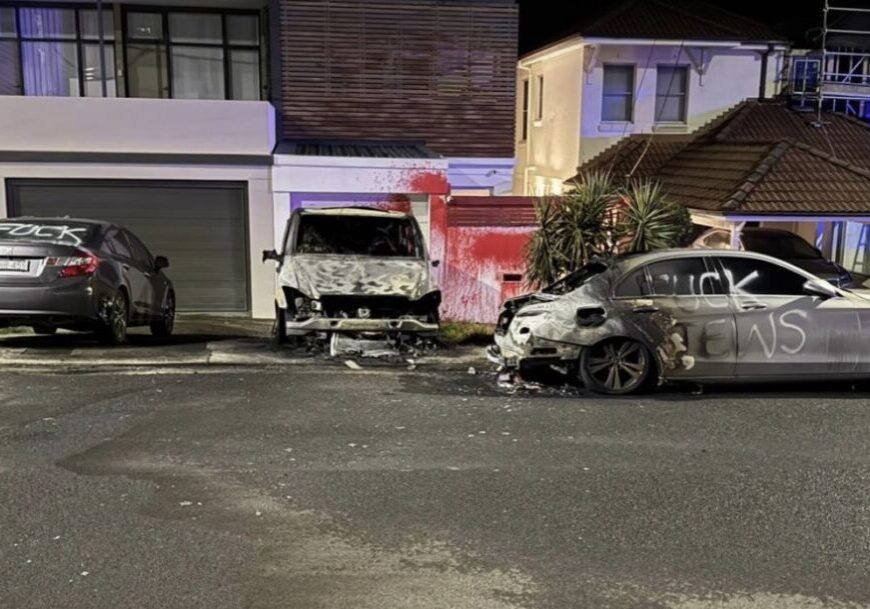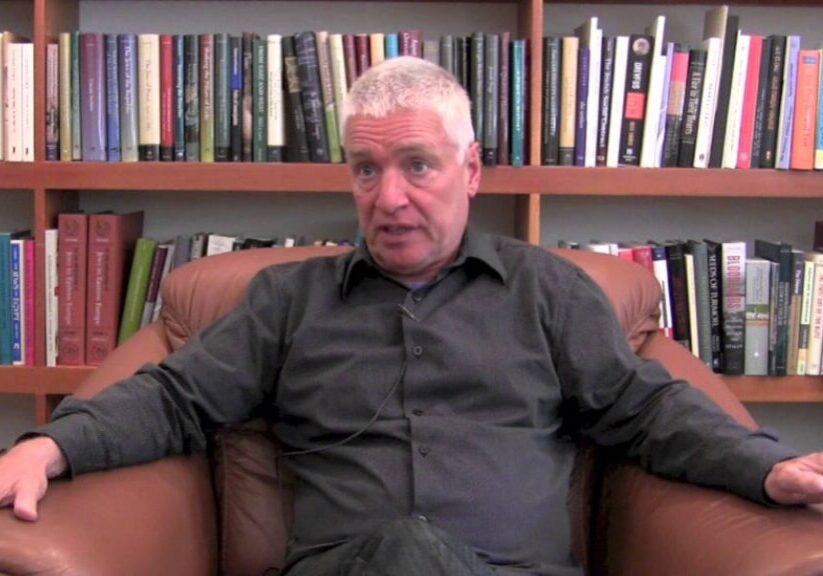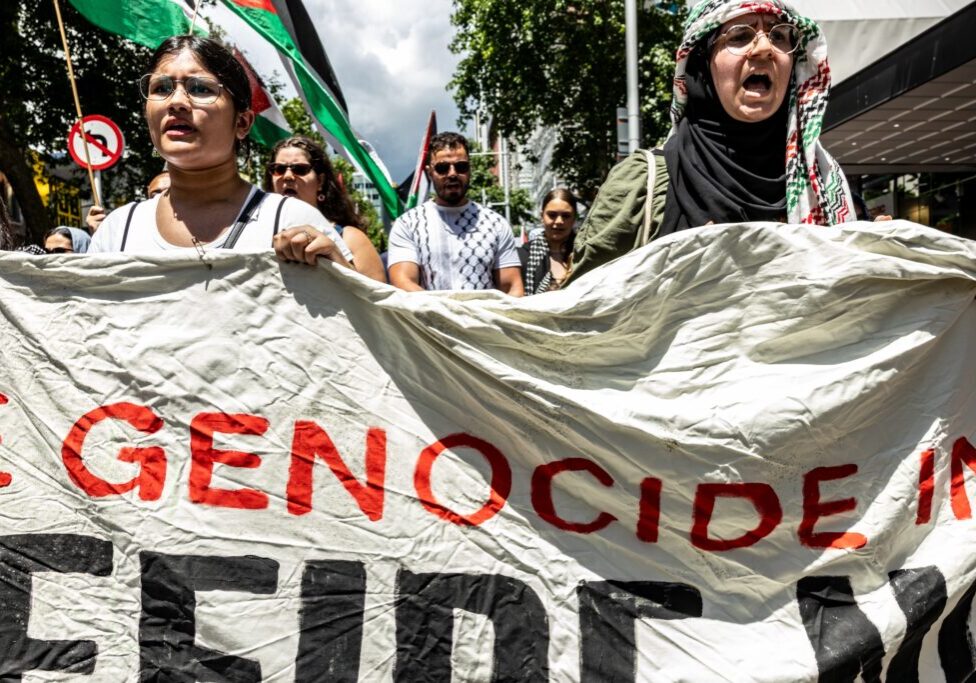Australia/Israel Review
AIR New Zealand: Oh Lorde!
Mar 6, 2018 | Miriam Bell
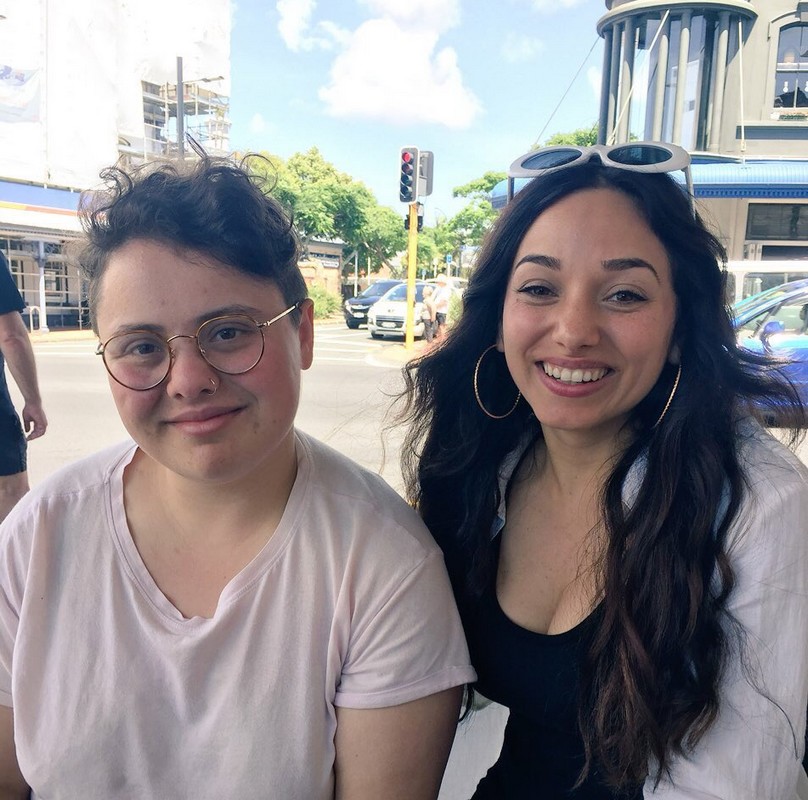
Emotions running hot are a widely acknowledged part of the Christmas holiday season. Usually though those emotions revolve around family or relationship dynamics, but in New Zealand in recent years, the festive season has also seen intense public feeling about issues to do with Israel.
At the end of 2016, this was due to New Zealand’s co-sponsorship of controversial United Nations Security Council Resolution 2334. At the end of 2017, public emotions were ignited by the young Kiwi pop superstar, Lorde.
After announcing that she would be performing a concert in Israel as part of her upcoming world tour, Lorde ran smack bang into a BDS-driven backlash. She immediately attracted harsh criticism and protest, largely driven by the New Zealand Palestine Solidarity Network.
A week later Lorde announced she hadn’t understood the political situation but had now listened to others who did and would cancel the Israeli concert.
The 21-year-old appears to have been conclusively swayed by an open letter, which was published on the hip media website The SpinOff, and penned by two young New Zealand women, Justine Sachs, who is Jewish, and Nadia Abu-Shanab, who is Palestinian. Their letter painted a picture of “apartheid” Israel of the sort commonly presented in the BDS narrative and urged her to boycott Israel.
Lorde’s decision was disappointing. But it didn’t seem entirely surprising given the type of rhetoric and pressure she was subjected to. She may be a Grammy award winning, international musical sensation, but she is young and, while precocious, perhaps politically naïve.
Herein lies the problem. Given the way the situation tends to be presented in New Zealand, how can she be expected to have any real understanding of the complexities of the conflict between Israel and the Palestinians? Indeed, how can your average New Zealander?
The whole Lorde saga only serves to highlight the disturbing, ongoing imbalance in the New Zealand media’s coverage of Israel and the Palestinians. There was immediate buy-in to the BDS narrative provided by the likes of the NZ Palestinian Solidarity Network and Kia Ora Gaza and, in particular, the Sachs-Abu-Shanab open letter. There were some virulently anti-Israel editorial efforts, most notably in Fairfax New Zealand publications, apparently based almost wholly on the narrative and unquestioned “facts” provided by the BDS movement.
And there was minimal attempt at balance. Dignified, considered articles by the NZ Jewish Council’s Juliet Moses and young Jewish New Zealanders Dane Giraud and Eli Shaul (who grew up in Israel) were published in the media. But they were drowned out by the inflammatory efforts of the pro-Palestinian brigade who quickly started accusing those who didn’t agree with them of bullying – or worse.
Sachs, who is the co-founder of an outfit called Dayenu: New Zealand Jews Against Occupation, alleged that she has been subjected to all manner of abuse, including rape and death threats, from pro-Israel supporters. Her Dayenu co-founder is the daughter of Yael Shochat, a well-known Auckland restaurateur. Shochat has also now published articles in defence of the two younger women and not only alleges extreme bullying, but claims that her defence of them led to threats to burn down her restaurant.
These are serious allegations, which are hard to disprove, and they have now become accepted as part of a narrative that alleges bullying by pro-Israel supporters while, handily, distracting from the real issues. Unfortunately, this narrative was given further impetus by a full page ad criticising Lorde in the Washington Post taken out by US Rabbi Shmuely Boteach, and by legal action reportedly being pursued in Israel by a legal NGO against Sachs and Abu-Shanab.
Israel Institute of NZ co-director Ashley Church says that while the Lorde saga has been heated, it could have been a lot worse. “To the best of our knowledge, the BDS movement is not huge in New Zealand, compared to other parts of the world. But it does have the potential to grow quite rapidly, probably in response to an issue.”
While I’m inclined to agree that the BDS movement in New Zealand does not have the traction that it does in some countries, I felt this issue did blow up, particularly on social media. The emotions generated by the Lorde saga were particularly intense and Sachs’ damaging allegations were accepted sympathetically both by large swathes of social media, as well as by many in mainstream media.
Those buying into the narrative provided by the pro-Palestinian activists are uninformed and don’t know any better, as Church says. But the problem is that brand recognition is big these days, particularly among younger generations. When people see recognisable public figures like Lorde, Green MP Marama Davidson (now in the running to be co-leader of the Green Party) and even Yael Shochat providing a narrative, they believe it to be the truth.
Church says the Israel Institute’s mission is to provide New Zealanders with accurate information about Israel in a bid to counter and redress the misinformed, biased information they are usually presented with. But following the Lorde furore and the responses it evoked, I fear that it faces an uphill battle.
Tags: Anti-Zionism, New Zealand

